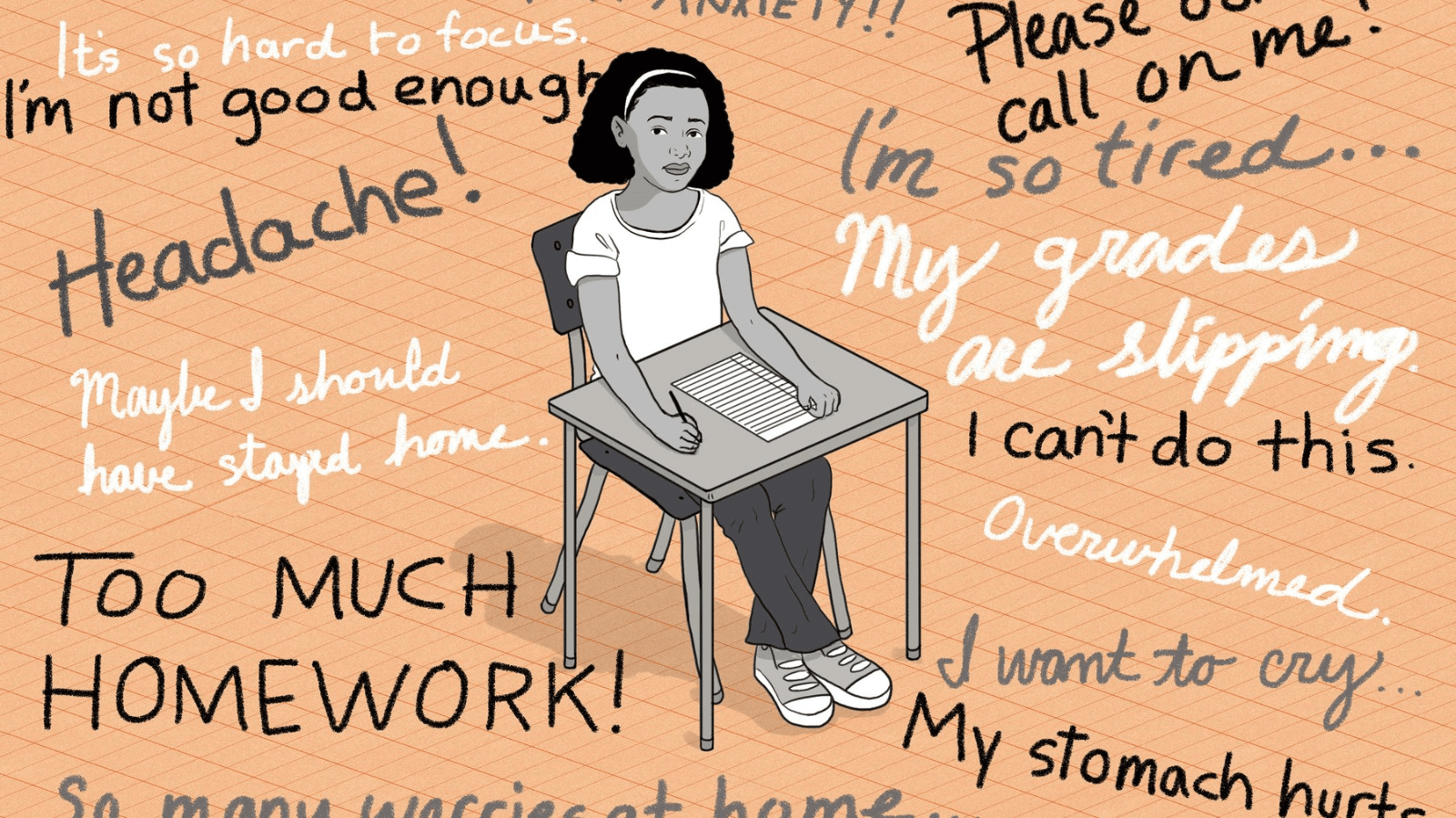How the Best CBSE Schools in India Promote Mental Well-being
Creating a space where students feel emotionally supported is one of the top priorities for the best CBSE schools in India. Schools today recognize that academic success is closely tied to students' mental well-being. By focusing on student wellness, these institutions aim to develop not just smarter students but happier, healthier, and more balanced individuals.
This article explores how the best CBSE schools promote mental well-being, from providing counselors and life skills classes to incorporating mindfulness practices into daily school life.
Why Mental Well-being Matters in CBSE Schools
Mental well-being is not just a "nice-to-have" — it's a necessity. A student’s mental health directly affects their academic performance, social interactions, and overall development. Here's why it's so important:
Better Academic Performance: Mentally healthy students are more focused, engaged, and ready to learn.
Emotional Resilience: Students with strong mental well-being can bounce back from failures and challenges.
Healthy Relationships: Mental well-being helps students maintain strong peer and teacher relationships.
Reduced Stress and Anxiety: When students learn to manage their emotions, it leads to less stress, especially during exams.
The best CBSE schools understand this link and take active steps to ensure every student has access to emotional support.
How CBSE Schools Promote Mental Well-being
CBSE schools have embraced a multi-faceted approach to promoting mental wellness. From implementing CBSE board guidelines to encouraging student-led initiatives, these schools take proactive measures to create a supportive environment.
Here’s how they do it:
1. Trained Mental Health Counselors
CBSE mandates that all schools have at least one trained school counselor. Their role is to:
Provide One-on-One Support: Students can speak with counselors confidentially about any issues they face.
Offer Emotional Guidance: Counselors help students navigate anxiety, bullying, and personal challenges.
Run Mental Health Workshops: These sessions teach students about managing stress, exam pressure, and peer relationships.
This initiative ensures every student has a trained professional they can rely on when they need help.
2. Safe and Supportive School Environment
A safe environment is essential for mental well-being. CBSE schools foster this environment through:
Open-Door Policies: Students are free to approach teachers, principals, or counselors whenever they need support.
Anti-Bullying Campaigns: Schools have strict anti-bullying policies to protect students from emotional harm.
Safe Spaces: Schools create "calming zones" where students can relax and de-stress if they feel overwhelmed.
This type of environment encourages students to open up about their problems instead of bottling them up.
3. Mental Well-being in the Curriculum
Gone are the days when education focused only on academics. CBSE has introduced mental wellness as part of its curriculum. Key initiatives include:
Life Skills Education: Students are taught essential skills like empathy, self-awareness, and decision-making.
Emotional Intelligence (EQ) Development: Schools foster emotional intelligence to help students understand and manage their emotions.
Role-Playing Activities: These activities help students practice empathy, respect, and understanding.
This approach teaches students how to face life's challenges with emotional strength and wisdom.
4. Yoga, Meditation, and Mindfulness Practices
Many CBSE schools have incorporated yoga, meditation, and mindfulness into daily routines. These activities are known for reducing anxiety and boosting emotional well-being.
Daily Yoga Classes: Students practice yoga to improve focus and relieve stress.
Mindfulness Breaks: Students are taught breathing exercises to calm their minds.
Mindfulness Practices in Classrooms: Teachers include short mindfulness moments between lessons to keep students centered.
These practices help students remain calm, attentive, and emotionally balanced throughout the school day.
5. Holistic Extra-Curricular Activities
CBSE schools understand that mental well-being goes beyond academics. Holistic development programs include:
Sports and Athletics: Physical activity helps release endorphins, reducing stress.
Art and Music Therapy: Art and music allow students to express themselves creatively.
Drama and Theater: Drama activities boost self-confidence and emotional resilience.
These activities promote emotional well-being while enhancing students' creativity and social skills.
6. Strong Teacher-Student Relationships
Positive teacher-student relationships are crucial for student well-being. Here’s how CBSE schools foster this relationship:
Empathy Training for Teachers: Teachers receive training on how to be more empathetic toward students.
Check-Ins and Feedback: Teachers conduct regular check-ins to understand student concerns.
Personalized Learning: Teachers offer personalized attention to struggling students.
When students feel seen, heard, and valued, their emotional well-being naturally improves.
7. Parental Involvement in Mental Wellness
CBSE schools don't just focus on students — they involve parents too. Parents play a key role in supporting mental health at home.
Parent-Teacher Meetings (PTMs): PTMs allow teachers to discuss a student’s emotional well-being with parents.
Parent Awareness Programs: Parents are invited to workshops on child psychology and mental wellness.
A strong partnership between schools and parents ensures children receive emotional support at school and home.
FAQs
1. How do CBSE schools promote mental well-being?
Ans - CBSE schools promote mental well-being through trained counselors, mindfulness practices, and life skills education.
2. What role do school counselors play in mental health?
Ans - Counselors provide one-on-one support, conduct workshops, and offer guidance on managing stress, anxiety, and other challenges.
3. How can parents support their child’s mental well-being?
Ans - Parents can participate in school workshops, attend PTMs, and maintain open communication with their children.
4. Do CBSE schools have mindfulness activities?
Ans - Yes, CBSE schools incorporate yoga, meditation, and mindfulness into the school day to reduce stress and promote emotional balance.
5. What kind of extra-curricular activities support mental well-being?
Ans - Sports, arts, music, drama, and theater all contribute to students' emotional well-being and creative development.
6. Are teachers trained to support mental health?
Ans - Yes, CBSE teachers receive training in empathy, communication, and emotional intelligence to support student well-being.
Conclusion
Mental well-being is not a luxury; it’s a necessity for every student. The best CBSE schools in India recognize this and have implemented comprehensive mental health initiatives. By incorporating support counselors, safe spaces, mindfulness practices, and holistic learning activities, they ensure that every student is cared for emotionally as well as academically.
If you want your child to thrive in a safe, nurturing, and mentally enriching environment, look for CBSE schools that prioritize mental well-being. The future belongs to emotionally strong, resilient individuals — and it starts in school.

